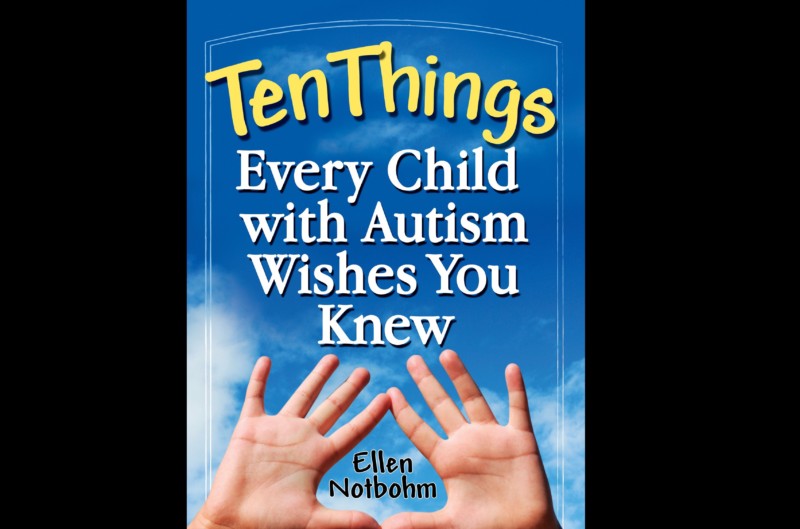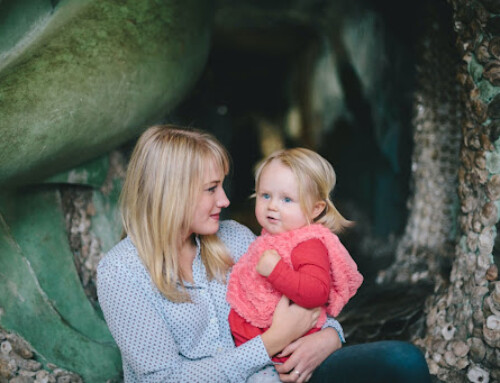Today’s blog comes from our very own Erin Ervin. She is a wonderful therapist with a heart for our children with Autism. Since April is Autism Awareness Month, she has written about a book that touched her in a special way.
Labels, since the day of our birth we have been labeled. Tall, short, thick, skinny, slow, fast, black, white, purple, green, you get the picture. We as humans have this incessant need to label the things around us. Whether that be our Instagramable lunch, #delish # green #leafy #hashtag, or taking a Buzzfeed questionnaire on what flavor pizza best defines us. We want to be defined, we need things put in a neat organizational way. But at the end of the day, do the labels we are given or give ourselves define us? For instance, I wear glasses, but I do not consider myself blind or handicapped. My driver’s license may have restrictions because of my nearsightedness and slight stigmatism, but it does not restrict me from seeing the world around me. Some days I manage not to eat meat at all, does this make me a vegetarian, temporarily I suppose, but I do not label myself a vegetarian. This brings me to my long-winded point on the topic of autism, since April 1st is Autism Awareness Month. When it comes to the label of autism, it was not until I was in my undergraduate studies that I changed how I threw that word around.
When I read the book “Ten Things Every Child with Autism Wishes You Knew,” by Ellen Notbohm, how I talked about a child on the spectrum shifted. Growing up, “He/she is autistic,” was the common answer adults gave me when I was around a kid who may be a little different than all the other kids around. That phrase “He is autistic,” is a label. Straight up, shut it down, sign-sealed, delivered, label. And not the most positive label I must say; because there is a stigma with autism and the limitations that people associate with it. “Oh he is autistic, that is why he is unable to talk.” “She flaps her hands because she is autistic.” In the book “Ten Things…” Ellen does a wonderful job at addressing the thought processes and viewpoint from a child who has autism. She focuses on what the child can do, rather than what the world sees they can’t do. She takes apart the label. The very first thing she brings to the table, the one thing I feel many people overlook when throwing around labels, is that “I am a child.” First and foremost, above everything else, this is a child, this is a person. This child is not autistic, but just so happens to have autism. Kind of like how I have glasses, but I am not blind. My nearsightedness does not define me. And that is what Ellen is getting at with her first point, that autism does not define the child. It is just an attribute that makes them unique, just like how we all have that one thing that makes us unique. J
My challenge for you this week is to take a moment to look around and observe the world and people in your day to day life. What makes them unique? Do they have a unique laugh? Are they from another culture or religion? What is something you appreciate about them?
If you would like to read more about the points Ellen writes about in her book, pick up a copy on Amazon [here], or click [here] to see a short blurb about each one from her website. J
Erin Ervin is a recent graduate with her bachelor’s in Communication Sciences and Disorders. She will be attending graduate school this fall to work on her master’s degree. Erin loves cats, traveling, playing her ukulele, art, messing around with technology, as well as spending time with her friends, family and boyfriend. When she is not obligated to be anywhere, she would rather be at home in her pajamas, cooking or baking scrumptious goodies.















Leave A Comment
You must be logged in to post a comment.